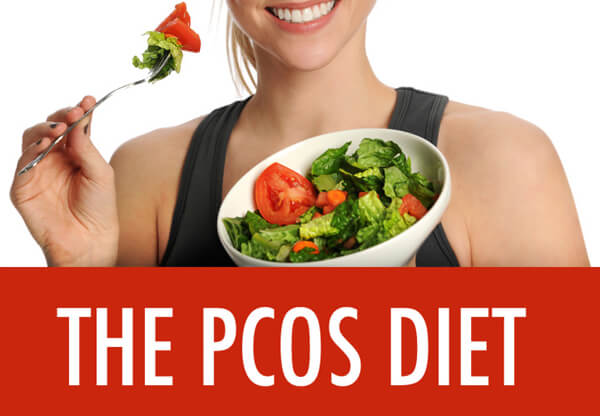Discover effective ways to regain health through a PCOS weight loss diet. Unlock a healthier you with proven strategies.
Millions of women throughout the world suffer with Polycystic Ovary Syndrome (PCOS), a hormonal condition. The most difficult part of PCOS is managing weight since hormonal abnormalities can make losing weight feel like an impossible task. But significant and long-lasting weight loss is attainable with the appropriate strategy. In this article, we will discuss the best diet for PCOS weight loss, putting special emphasis on a holistic and evidence-based strategy that might enable PCOS-afflicted women to recover control over their health and wellbeing.
Embrace a Low Glycemic Index Diet
For PCOS-afflicted women who want to lose weight, a low glycemic index (GI) diet is an important basis. High glycemic index foods have a quick effect on blood sugar levels, which can result in insulin resistance, a typical problem in PCOS. Blood sugar levels can be controlled, lowering the risk of insulin surges and assisting in weight loss by focusing on low-GI foods including whole grains, legumes, fruits, and non-starchy vegetables.
Prioritize Lean Proteins
For a number of reasons, lean proteins must be a part of any PCOS weight loss diet. Proteins aid in blood sugar regulation, metabolic enhancement, and the promotion of satiety, which lessens the desire to overeat. Decide on protein sources like chicken, turkey, fish, tofu, and lentils. To support sustained energy and better weight management, try to distribute your daily protein intake evenly.
Choose Healthy Fats
Contrary to the popular belief that all fats are bad, including good fats in your diet can help you lose weight if you have PCOS. Avocados, nuts, seeds, and olive oil are examples of healthy fats that help enhance hormone control and increase insulin sensitivity. These fats also aid in satiety, which reduces the need for unneeded snacks and encourages dietary adherence in general.
Ditch Processed Foods and Sugars
Processed foods, particularly those with a lot of added sugar, can mess with a woman’s hormone balance and make her gain weight. Avoiding sugary drinks, snacks, and highly processed convenience foods is imperative. Instead, choose full, nutritious foods that are good for both body and mind.
Focus on Fiber
Due to their capacity to slow down digestion, maintain stable blood sugar levels, and support digestive health, fiber-rich foods are crucial for PCOS weight loss. Fruits, vegetables, whole grains, and legumes are great sources of fiber and ought to be a mainstay of any PCOS diet plan.
Monitor Portion Sizes
Although eating a balanced diet is important, portion control is still important for PCOS weight loss. Portion control is important, and you should limit your consumption of calories because doing so can make it more difficult to lose weight. Pay attention to your hunger signals and stop eating when you are satisfied rather than full.
Stay Hydrated
Although sometimes disregarded, adequate hydration is crucial for PCOS-affected women who are trying to manage their weight. Water aids in hunger management, detoxification, and metabolic regulation. Choose water as your primary beverage and limit or stay away from sweetened beverages, which might result in unintended weight gain.
Incorporate Regular Physical Activity
For PCOS weight loss, a good diet and regular exercise are both essential. Exercise can increase metabolism, increase insulin sensitivity, and help you lose weight. Aim for at least 150 minutes of moderate-intensity activity per week by finding activities you enjoy, such as brisk walking, dancing, cycling, or swimming.
Summary
Despite the difficulties that PCOS weight loss may provide, a comprehensive strategy that incorporates a low glycemic index diet, lean proteins, healthy fats, and regular exercise can be quite successful. You may retake control over your health and accomplish sustained weight loss by fueling your body with nutrient-dense foods and embracing a balanced lifestyle. By doing this, PCOS will become a manageable component of your life rather than an insurmountable challenge. To tailor your diet to your unique demands and health situation, don’t forget to see a qualified dietitian or a healthcare practitioner.

